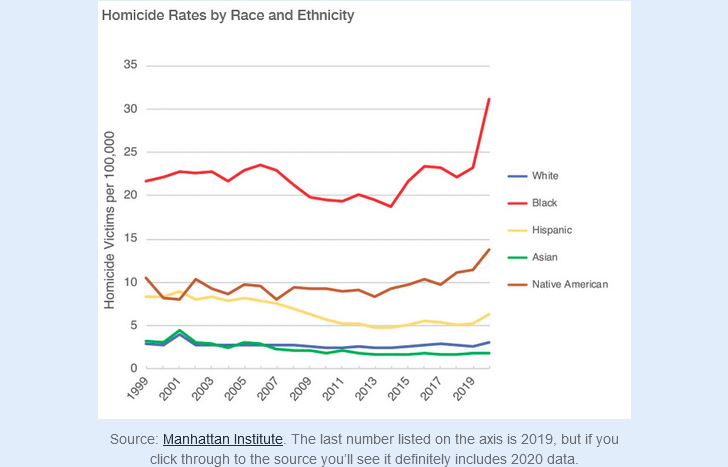Chris Bray on the largely self-inflicted damage suffered by the US Army during the last few years, leading to (among other things) significant recruiting shortfalls:
The American military is running a social trust test for the larger society, and the results are remarkably clear.
Remember that the Biden administration opened with an ideological assault on the armed forces, ordering a training stand-down to harangue servicemembers about politics.
[…]
While the public framing was vague, the training wasn’t: It ran in a single direction. Servicemembers reporting on their “extremism” training to members of Congress described sessions in which the military warned them against white nationalism and the dangers of far-right sentiment, but didn’t mention Antifa (or ISIS, but whatever), hammering the January 6 narrative but deflecting questions about riots and arson in the summer of 2020. In uniform, troops did “privilege walks” and unpacked their white privilege in supervised discussions. Extremism, it turns out, is only one kind of thing, on a single end of the political spectrum.
Pursuing the theme of politically purified armed forces, three retired US Army generals published an op-ed in the Washington Post calling for a political commissariat in the American military: “In addition, all military branches must undertake more intensive intelligence work at all installations. The goal should be to identify, isolate and remove potential mutineers; guard against efforts by propagandists who use misinformation to subvert the chain of command; and understand how that and other misinformation spreads across the ranks after it is introduced by propagandists.” More domestic political spying will make our institutions healthy, they explained.
[…]
The result of woke leadership, politicized military service, Covid vaccine mandates that decline to take safety concerns and religious objections into account, and wars fought for no point or objective:
[…]
And a generation shrugs.
The military is only the most obvious, most centralized example of a burgeoning withdrawal from institutions crippled by lost trust. Nationwide, undergraduate college enrollment declined by 662,000 in a single year. Meanwhile, public school enrollment in California is imploding. The LAUSD, which was closing in on 800,000 students twenty years ago, is now moving in the other direction, and closing in on 400,000.
Institutions can shit on people, and push them past their limits, and make absurd and unkind demands of them. Until they can’t.
There will be more of this.










